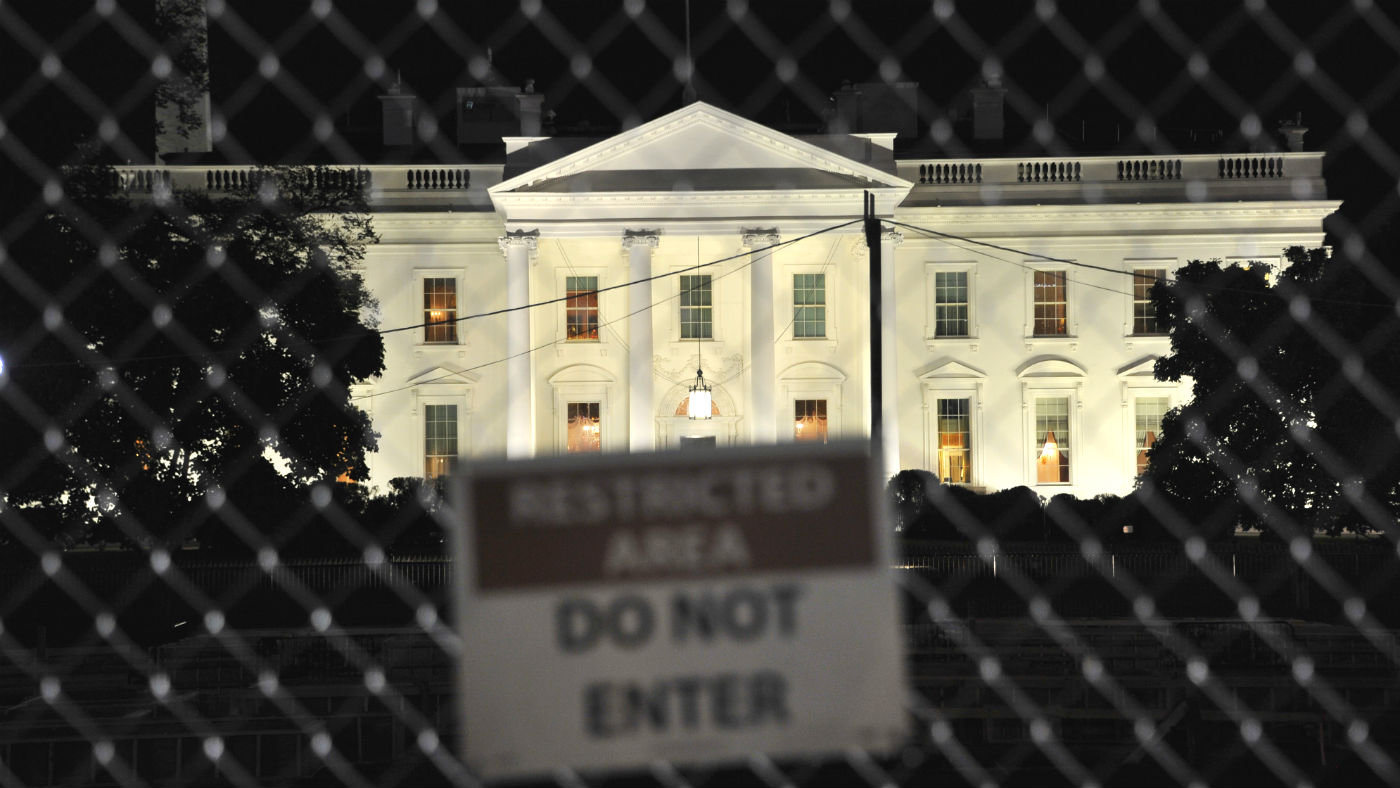Who wrote the Donald Trump editorial?
With the president on the war path, The Week looks at the most likely culprits

A free daily email with the biggest news stories of the day – and the best features from TheWeek.com
You are now subscribed
Your newsletter sign-up was successful
Donald Trump wasted no time labelling the author of an anonymous New York Times editorial detailing chaos in his White House a traitor.
The damning op-ed by a “senior administration official” has divided opinion and sparked a Washington guessing game about who the author could be – and what their real motives are.
The Week looks at five of the most likely culprits:
The Week
Escape your echo chamber. Get the facts behind the news, plus analysis from multiple perspectives.

Sign up for The Week's Free Newsletters
From our morning news briefing to a weekly Good News Newsletter, get the best of The Week delivered directly to your inbox.
From our morning news briefing to a weekly Good News Newsletter, get the best of The Week delivered directly to your inbox.
The vice president
The theory that Vice President Mike Pence wrote the article largely stems from its use of the word “lodestar”.
The New York Times piece refers to the late Republican Senator John McCain as a “lodestar for restoring honour to public life and our national dialogue”.
The term, meaning “star that leads or guides”, is a relatively rare word, but “one which the vice-president has frequently used”, says the BBC.
A free daily email with the biggest news stories of the day – and the best features from TheWeek.com
“The vice president is all smiles, nods and quiet, deferential loyalty in public, which of course means that he has the perfect cover to write something like this in The New York Times” says CNN, adding he “is also ambitious - and there's no question he wants to be president”.
The ‘resistance’
Newly-released extracts from veteran journalist Bob Woodward’s explosive tell-all book about life inside the Trump White House paint a portrait of a president effectively kept in check by those around him.
The anonymous author of the op-ed termed this group “the resistance”. It is not known exactly who is part of this not-so-secret cabal keeping the world safe but several senior White House officials have been implicated.
Secretary of State Mike Pompeo has fiercely denied writing the editorial, attacking the writer as a “disgruntled deceptive bad actor”.
Daniel Coats, the director of national intelligence, also issued a denial saying the speculation that he or his deputy wrote the op-ed was “patently false”, reports The Guardian.
The Independent reports that some of Trump's supporters have suggested that the Times op-ed is part of a “trap” and a “soft coup” against the Republican leader.
Andy Smarick, conservative policy expert at R Street, suggests the culprit might be driven by more personal reasons, writing on Twitter: “It is an apologia. Someone is doing his/her best to defend and explain his/her decision to work there.... I suspect that the author — and others in similar situations — recognizes that the chances of the future judging this administration kindly are now infinitesimal.”
The Republicans
This brings us to the president’s own party, the majority of whom have remained remarkably loyal and/or silent over the past two years.
But with numerous scandals brewing and the president’s approval ratings tanking, some believe the letter was a “PR stunt” designed to distance the Republican Party from Trump in the run-up to November's mid-term elections.
The New York Times
The theory that New York Times hacks penned the op-ed themselves, posited by the president himself, has little going for it apart from playing into Trump’s narrative about a coordinated liberal media conspiracy to bring him down, led by the “failing” New York Times.
If it did by any chance turn out to be true, however, it is not unreasonable to think it could be the nail in the coffin for America’s paper of record.
Donald Trump
Admittedly more than a little far-fetched, this theory makes more sense when viewed in the context of the prevalent idea among Trump’s loyal support base that the establishment is conspiring to undermine the president.
To this end, the BBC’s North America editor Jon Sopel suggested the article would play into Trump’s long-standing narrative of a deep state operating behind the scenes to thwart him.